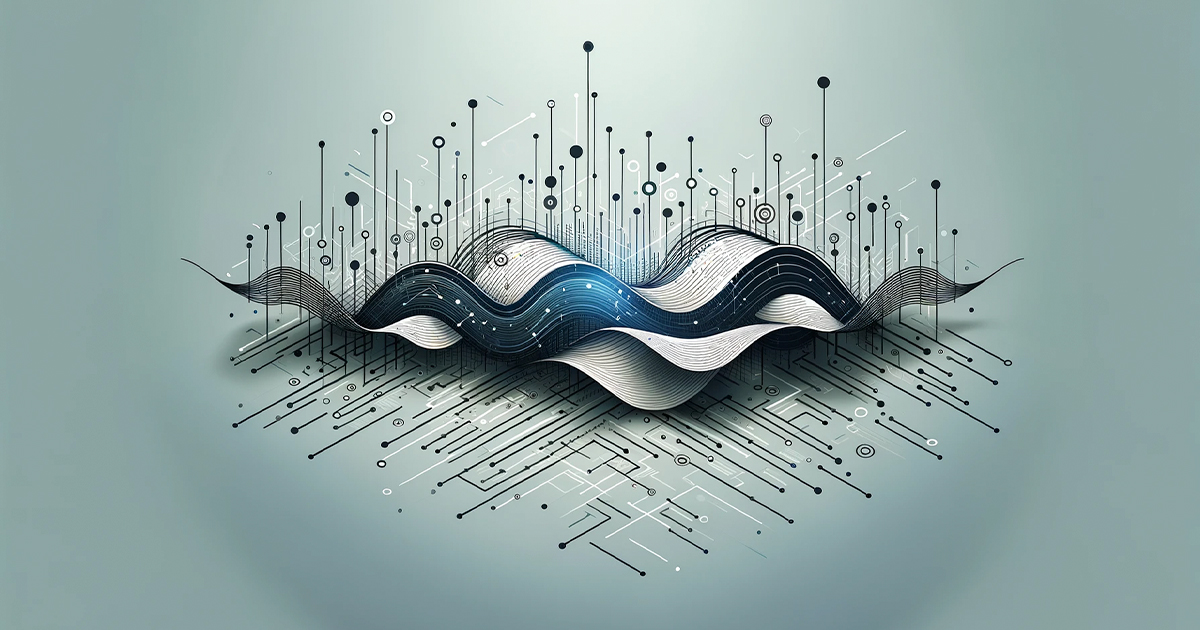The Emergence of Virtual Audio Engineering
In an era where technology continually reshapes our lives, AI-powered assistants stand at the forefront of innovation, particularly in the field of audio production. These virtual audio engineers and producers are transforming how we interact with and improve sound, offering unprecedented capabilities in refining audio recordings. For industry professionals like Jacinth, CEO of Jacinth Paul Business Technologies Private Limited, and others in the realm of music production, these advancements present exciting new frontiers.
The Role of AI in Audio Enhancement
AI assistants in audio production work by analyzing sound recordings and providing recommendations to enhance their quality. This involves sophisticated algorithms that can detect nuances in sound that might be imperceptible to the human ear. They assess elements such as EQ (equalization), compression, and other effects, offering suggestions or even automating adjustments to achieve optimal sound quality.
EQ and Compression: A New Perspective
Equalization, a crucial aspect of sound engineering, involves balancing different frequency components of audio. Traditional methods require a sound engineer’s keen ear and experience. However, AI assistants can quickly analyze the frequency spectrum and suggest modifications to achieve a desired sound profile, be it for clarity, warmth, or depth.
Similarly, compression, which is used to manage the dynamic range of audio, can be optimized by AI. These virtual assistants can evaluate the dynamics of the recording and apply compression settings that enhance the overall balance and loudness, often surpassing the precision of manual adjustments.
Advancing Beyond Traditional Methods
The real power of AI in audio production lies in its ability to learn and adapt. By analyzing vast amounts of data, these assistants can identify patterns and preferences, leading to increasingly sophisticated suggestions. They can also adapt to specific genres or styles, offering custom-tailored advice for each project.
For entrepreneurs and creatives like Jacinth, who balance a myriad of responsibilities, these AI assistants offer a significant time-saving advantage. They allow for a more efficient workflow, where the tedious and time-consuming tasks of sound adjustment are streamlined, enabling artists and producers to focus on the more creative aspects of their work.
The Human Touch in a Digital Age
Despite the advancements in AI, the role of the human audio engineer remains irreplaceable. The AI serves as a tool, enhancing human expertise rather than replacing it. It offers a new perspective, but the final decision and creative control rest with the human professional. This synergy between AI and human intuition is where the true potential of these technologies lies.
Future Implications and Ethical Considerations
As AI-powered audio assistants become more prevalent, they raise questions about the future of the industry. There’s a balance to be struck between embracing these new tools and preserving the artistry and skill that define audio production. Furthermore, issues of data privacy and the ethical use of AI technology are paramount, requiring ongoing dialogue and regulation.
Summary
AI-powered assistants in audio production represent a remarkable convergence of technology and creativity. They provide powerful tools for professionals, enhancing efficiency and precision in sound engineering. However, the blend of AI capabilities with human expertise and intuition remains the cornerstone of truly exceptional audio production. As technology continues to evolve, it’s this partnership that will drive the industry forward, ensuring that the art of sound remains both innovative and deeply human.
